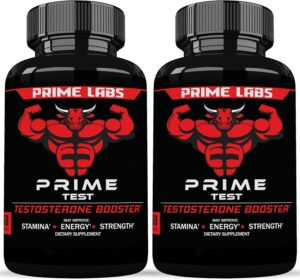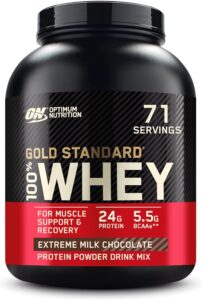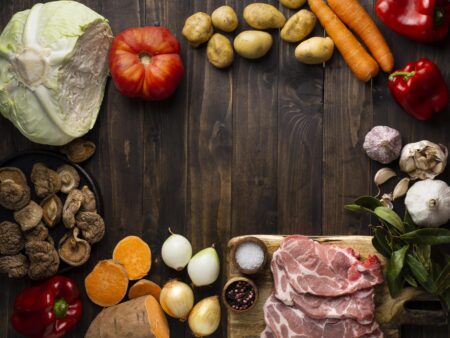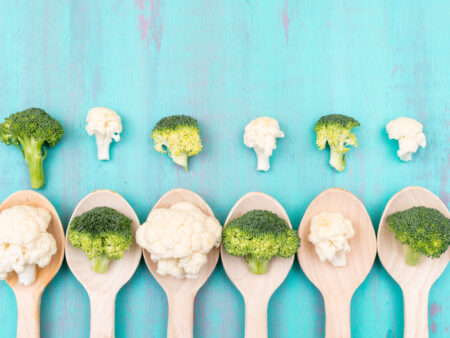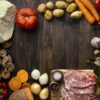
The egg diet has gained popularity as a straightforward and effective approach to weight loss. This diet primarily focuses on eggs as the main source of protein and includes a variety of other foods to ensure a balanced intake of nutrients. In this article, we will explore the egg diet in detail, including its benefits, potential drawbacks, and sample meal plans to help you understand how it works and whether it might be the right choice for your weight loss journey.
Introduction to the Egg Diet
The egg diet is a high-protein, low-carbohydrate diet that has been lauded for its simplicity and effectiveness. It typically involves consuming eggs as a primary source of protein while incorporating other lean proteins, vegetables, and fruits. The idea is to limit carbohydrate intake, which can help reduce overall calorie consumption and promote weight loss.
Benefits of the Egg Diet
High Protein Content: Eggs are an excellent source of high-quality protein. A single large egg contains about 6 grams of protein, which is essential for muscle repair and growth, as well as keeping you feeling full longer.
Low in Calories: Despite being nutrient-dense, eggs are relatively low in calories. This makes them an ideal food for those looking to reduce their calorie intake without sacrificing essential nutrients.
Rich in Nutrients: Eggs are packed with vitamins and minerals, including vitamin D, B vitamins, selenium, and choline, which are vital for overall health.
Promotes Satiety: High-protein diets, like the egg diet, can help increase feelings of fullness and reduce appetite, leading to lower overall calorie consumption.
Simple and Affordable: Eggs are inexpensive and easy to prepare, making this diet accessible to a wide range of people.
Potential Drawbacks
Nutrient Imbalance: Relying too heavily on eggs may lead to a lack of variety in your diet, potentially resulting in nutrient deficiencies. It’s important to incorporate a range of other foods to ensure a balanced intake of all necessary nutrients.
Monotony: Eating eggs frequently can become monotonous, making it difficult for some people to stick to the diet long-term.
Cholesterol Concerns: Although recent studies have shown that dietary cholesterol does not significantly affect blood cholesterol levels for most people, those with specific health conditions should consult a healthcare provider before starting the egg diet.
Limited Social Flexibility: The restrictive nature of the egg diet can make social eating occasions challenging, as many common foods may not fit within the diet’s guidelines.
How the Egg Diet Works
The egg diet works primarily by promoting a calorie deficit while providing ample protein to support muscle mass. The high protein content helps reduce hunger and cravings, making it easier to consume fewer calories. By limiting carbohydrate intake, the body is encouraged to use stored fat as a source of energy, which can lead to weight loss.
Types of Egg Diets
There are several variations of the egg diet, each with its own specific guidelines:
The Traditional Egg Diet: This version involves eating eggs, lean proteins, vegetables, and fruits. Carbohydrates such as bread, pasta, and rice are typically avoided.
The Egg and Grapefruit Diet: Similar to the traditional version but includes grapefruit with each meal. Grapefruit is thought to enhance fat burning and provide additional vitamins.
The Extreme Egg Diet: This is a more restrictive version where individuals consume only eggs and water. It is not recommended for long-term use due to the risk of nutrient deficiencies.
The Keto Egg Diet: This variation combines the principles of the ketogenic diet with the egg diet, focusing on high-fat, moderate-protein, and very low-carbohydrate intake.
Sample Meal Plans
Here are some sample meal plans for the traditional egg diet to give you an idea of how to structure your meals:
Day 1
Breakfast: 2 boiled eggs, 1 grapefruit, black coffee or tea
Lunch: Grilled chicken breast with a side of mixed greens (spinach, kale, arugula) and olive oil dressing
Dinner: Baked salmon with steamed broccoli and cauliflower
Day 2
Breakfast: 3 scrambled eggs with spinach and mushrooms, black coffee or tea
Lunch: Tuna salad (tuna, mixed greens, cherry tomatoes, cucumber, olive oil, and lemon juice)
Dinner: Lean beef stir-fry with bell peppers, onions, and zucchini
Day 3
Breakfast: 2 poached eggs, 1 orange, black coffee or tea
Lunch: Turkey breast with a side of asparagus and cherry tomatoes
Dinner: Baked chicken thighs with a side of Brussels sprouts and carrots
Tips for Success
Stay Hydrated: Drink plenty of water throughout the day to stay hydrated and support your metabolism.
Incorporate Variety: To prevent monotony, experiment with different ways of preparing eggs and try a variety of vegetables and lean proteins.
Monitor Your Health: Regularly check in with a healthcare provider, especially if you have underlying health conditions.
Listen to Your Body: Pay attention to how your body responds to the diet. If you feel fatigued or unwell, consider adjusting your food intake or consulting a nutritionist.
The egg diet can be an effective tool for weight loss, thanks to its high protein content and low calorie nature. However, it is important to approach it with caution, ensuring you maintain a balanced and varied diet to avoid potential nutrient deficiencies. By following the guidelines and tips provided in this article, you can maximize the benefits of the egg diet while minimizing its drawbacks. Always consult with a healthcare professional before starting any new diet to ensure it aligns with your individual health needs and goals.
Things to Note
Remember, no single diet fits everyone perfectly. Individual preferences, lifestyle, and metabolic differences play a significant role in determining the most effective weight loss strategy. The egg diet may work wonders for some, but others might find it restrictive or unsustainable in the long term. It’s essential to listen to your body and make adjustments as necessary. Incorporating regular physical activity, maintaining adequate hydration, and getting sufficient sleep are also critical components of a successful weight loss plan.
Additionally, consider your long-term health and well-being beyond just the numbers on the scale. Sustainable weight loss is about creating healthy habits that you can maintain over time. The egg diet can be a starting point, but it’s important to transition to a more balanced and varied diet that includes all food groups for overall health. Incorporating whole grains, healthy fats, a variety of fruits, and different sources of lean protein can help ensure you are meeting all your nutritional needs.
Ultimately, the key to successful weight loss is finding a plan that you can stick with and that supports your overall health and well-being. The egg diet can be a useful short-term strategy, but it should be part of a broader approach to healthy living. By making mindful, informed choices and staying committed to your goals, you can achieve lasting, healthy weight loss and improved quality of life.

